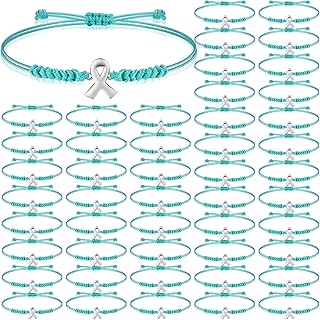A woman’s chance of surviving ovarian cancer hinges on early diagnosis, with only 49% reaching the five-year mark post-diagnosis. This cancer ranks among the most deadly reproductive cancers globally, mainly due to late-stage detection and treatment delays.
Dr. Amanda Lumsden from the University of South Australia leads a team aiming to address this issue through a user-friendly symptom assessment tool for ovarian cancer, funded by a $45,087 grant from Health Translation SA (HTSA). The tool’s development involves input from individuals with ovarian cancer experiences and clinicians to create a prototype for symptom assessment.
Unlike breast or cervical cancer screenings, there are no public programs for early ovarian cancer detection. Symptoms of ovarian cancer can be vague and easily dismissed, leading to late diagnosis. Recognizable signs include abdominal discomfort, bloating, and appetite loss, with family history and certain factors influencing risk levels.
The research aims to identify common symptoms and patterns in ovarian cancer patients to inform the tool’s design. Professor Elina Hyppönen emphasizes the significance of early risk identification in enhancing treatment options and outcomes.
The online ovarian cancer symptom survey, open until June 20, invites participation to contribute valuable insights to this critical research endeavor. The project, supported by HTSA and Cancer Council SA, is part of a broader initiative to advance ovarian cancer diagnosis and treatment.
This innovative approach holds promise for improving ovarian cancer outcomes by enabling early detection and intervention, ultimately enhancing survival rates and quality of life for affected individuals.
📰 Related Articles
- Study Reveals AKT Inhibitor Boosts Survival in Breast Cancer
- Self-Collected HPV Tests Boost Cervical Cancer Screening Rates in Japan
- Miraculous Journey of Lucy Isaac: Sonographer’s Role in Ovarian Cancer Battle
- MR Elastography Predicts Breast Cancer Treatment Response and Survival
- Immutep Ltd. Reports Strong Survival Data in Head and Neck Cancer Immunotherapy Trial






